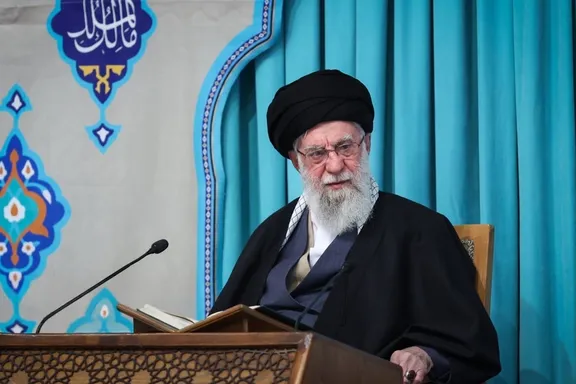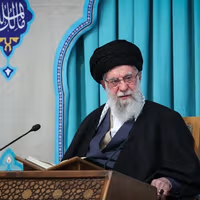Prosecutors said that the man, identified as 27-year-old Maor Kringel, was arrested in August after more than a year of carrying out espionage missions for Iranian agents.
According to the indictment, Kringel had been in contact with individuals acting on behalf of Tehran from mid-2024 until his arrest.
Prosecutors allege he knowingly worked under the direction of Iranian agents, receiving payments in cryptocurrency in exchange for carrying out tasks.
Court documents allege he documented dozens of sensitive sites across Israel — including ports, shopping centers, private homes, municipal buildings and government institutions.
The Iranian handler also offered him $30,000 to assassinate his own commander but he did not carry out the assignment.
However, prosecutors say the reservist used his military position to provide Iranian handlers with the locations of army bases and also photographed the Shin Bet headquarters to pass on to them.
Kringel is officially charged with aiding an enemy during wartime, 26 counts of sharing intelligence that could assist the enemy and 12 counts of sharing intelligence with the enemy with the intent to harm national security, according to Israeli media.
Israeli security forces have also arrested Kringel's associate Tal Amram, 26. He was recruited by Kringel and connected with Iranian agents. Prosecutors say the two Holon residents even burned IDF uniforms together in a grove in the city.
Another Israeli citizen charged with spying for Iran
In a separate case, Israel’s Shin Bet security agency and police said on Friday an Israeli citizen was arrested on suspicion of gathering intelligence for Iran while working at a hotel near the Dead Sea.
The 23-year-old allegedly photographed the hotel and surrounding areas, the agencies said. Police said the investigation was ongoing.
The arrests and indictments highlight a growing concern among Israeli authorities over purported Iranian espionage activity.
In the past two years, dozens of suspects have been arrested.
Officials say Kringel’s case is treated as part of a wider campaign by Iran to recruit Israeli citizens and residents for intelligence gathering and sabotage.
Tehran suffered significant intelligence setbacks during the surprise US-Israeli military campaign over the summer, with Israeli-directed drone attacks and air strikes killing nuclear commanders and senior commanders along with hundreds of other military personnel and civilians.
Iran’s intelligence ministry aired a segment on national TV last week displaying information and documents that it says it obtained from Israel’s intelligence apparatus on the Jewish state's nuclear program.
The broadcast featured a series of video files that reportedly contain material from inside Israeli nuclear and other sensitive facilities, including the Dimona site. It also presented alleged details about personnel working on Israel’s nuclear program.
However, the documentary was later criticized and even mocked by both Islamic Republic loyalists and dissidents who said many of the pictures shown in the documentary as original materials were already publicly available.










